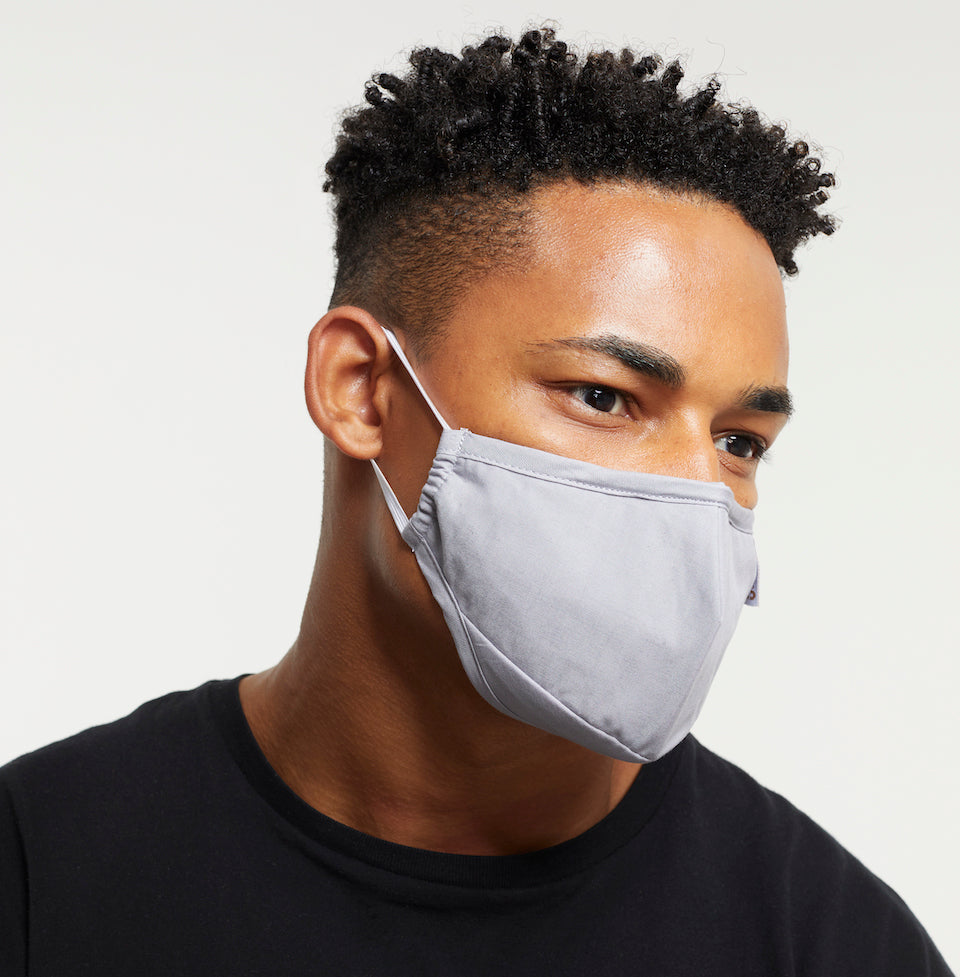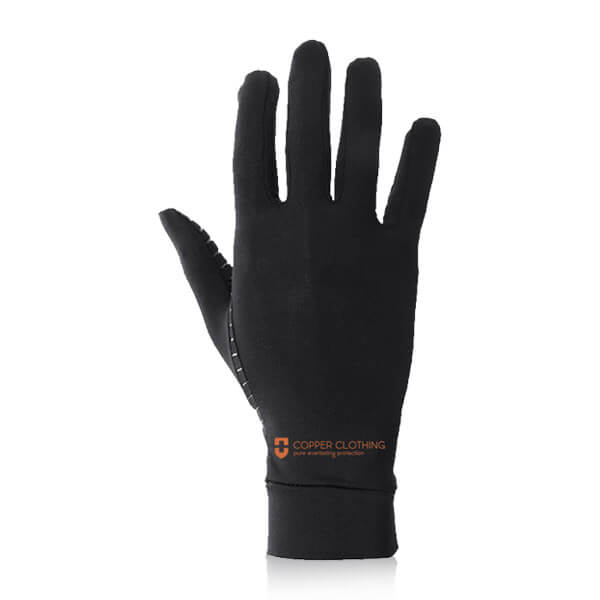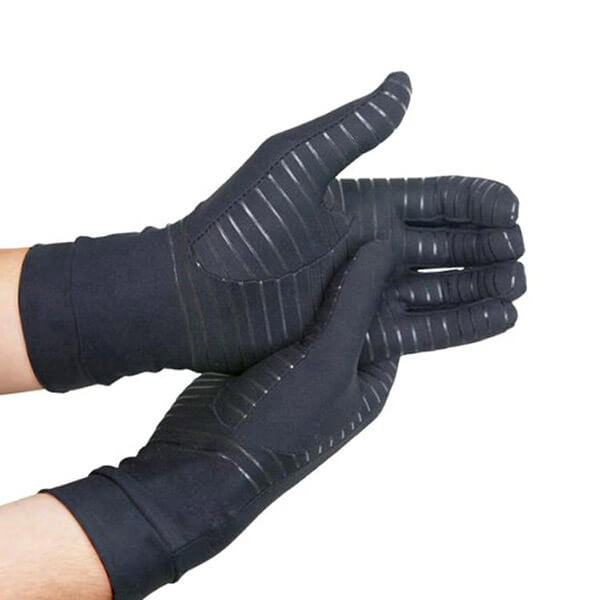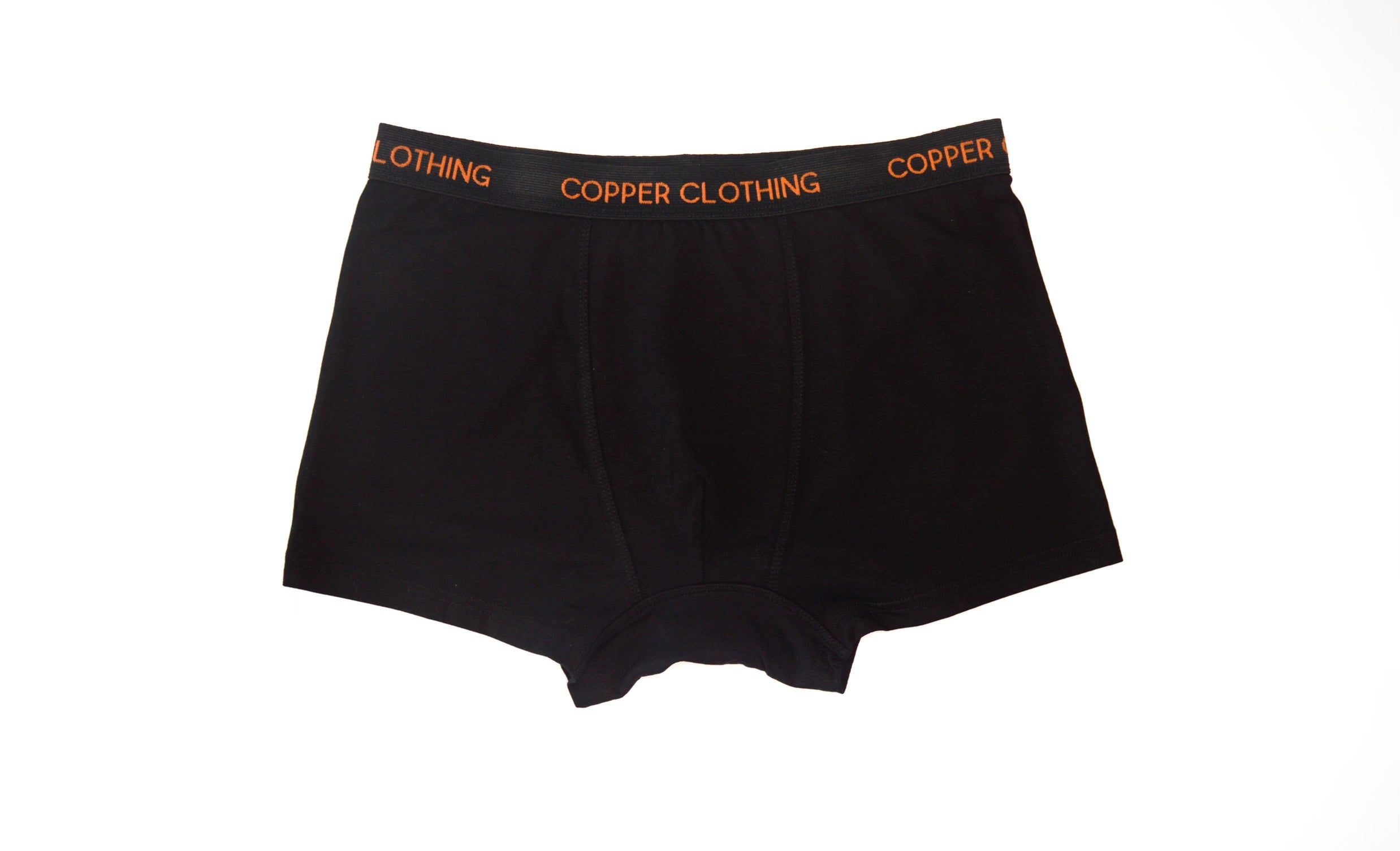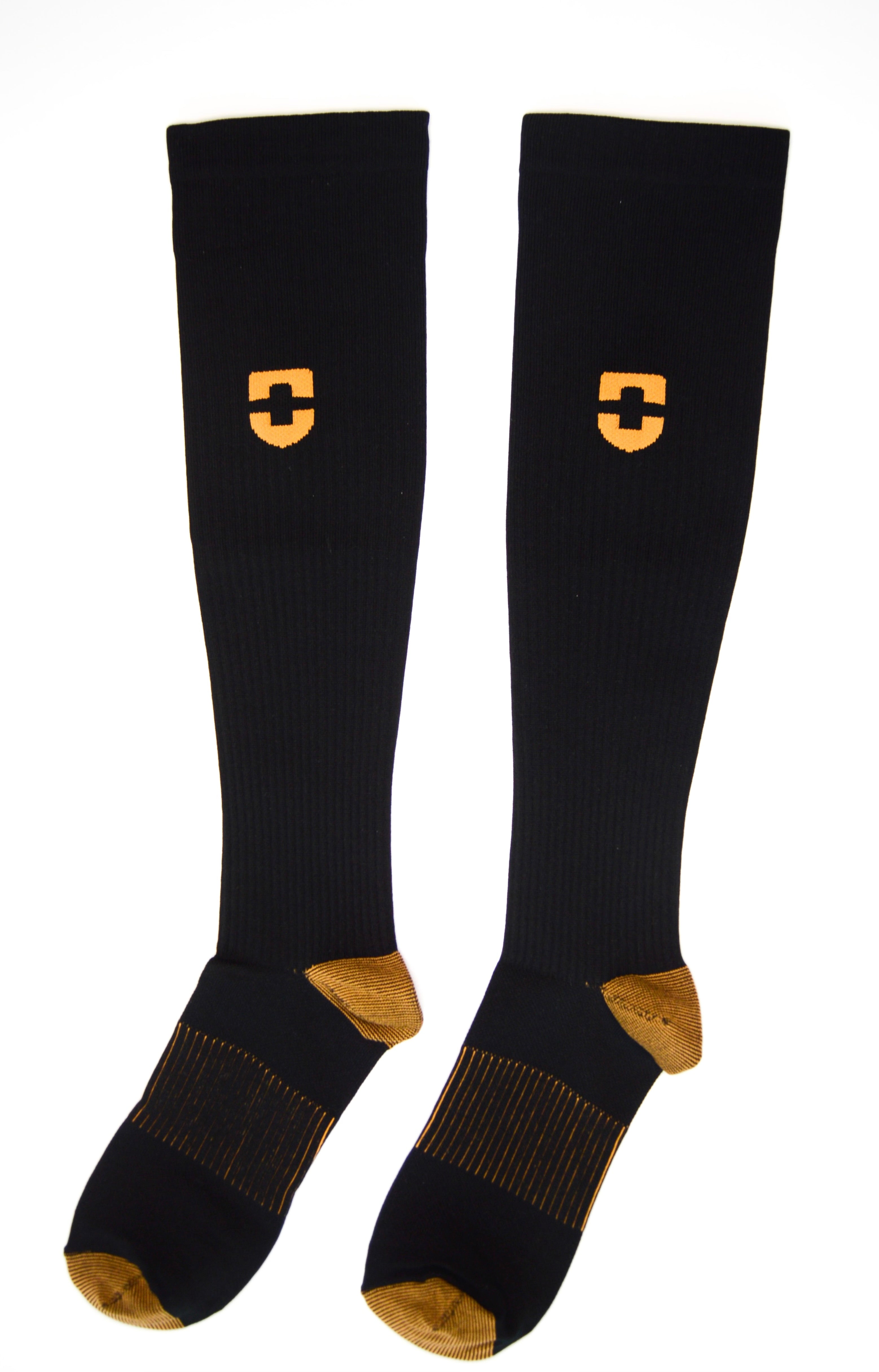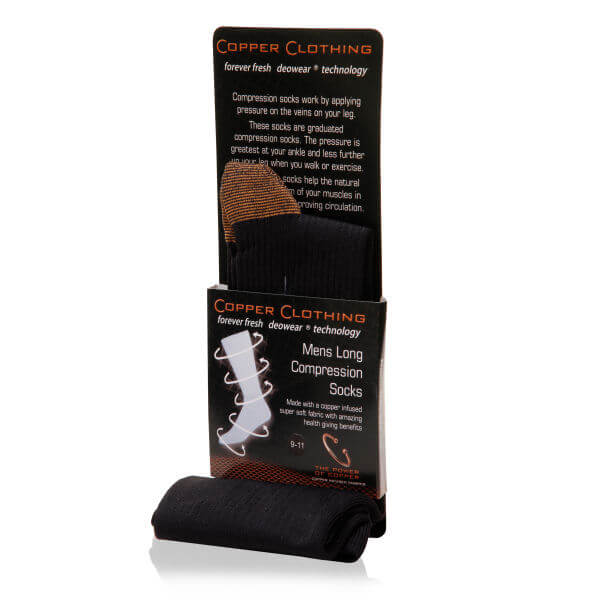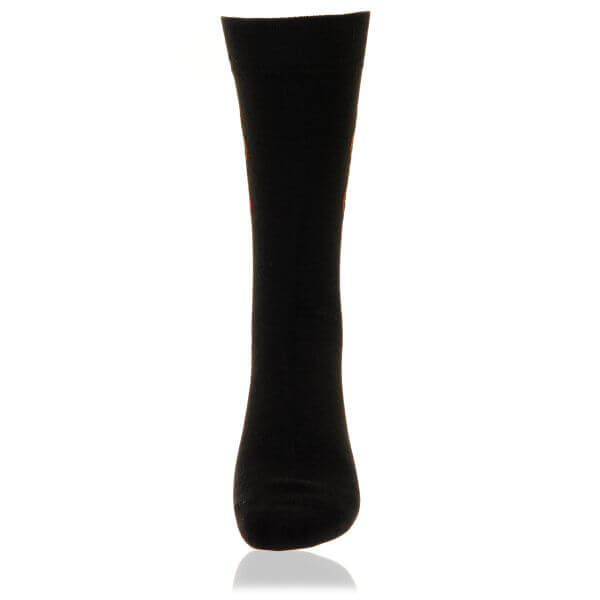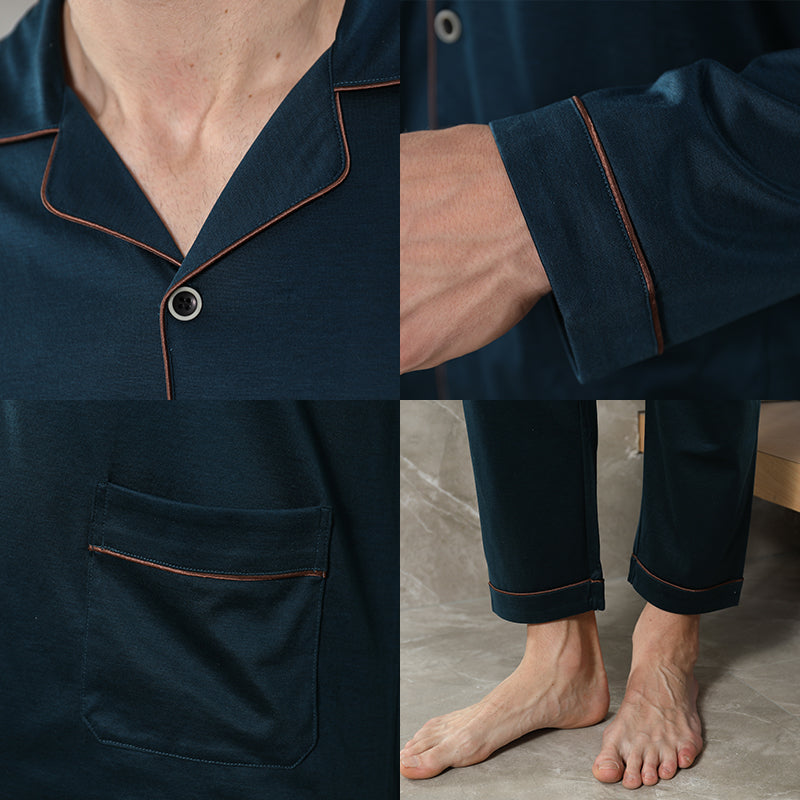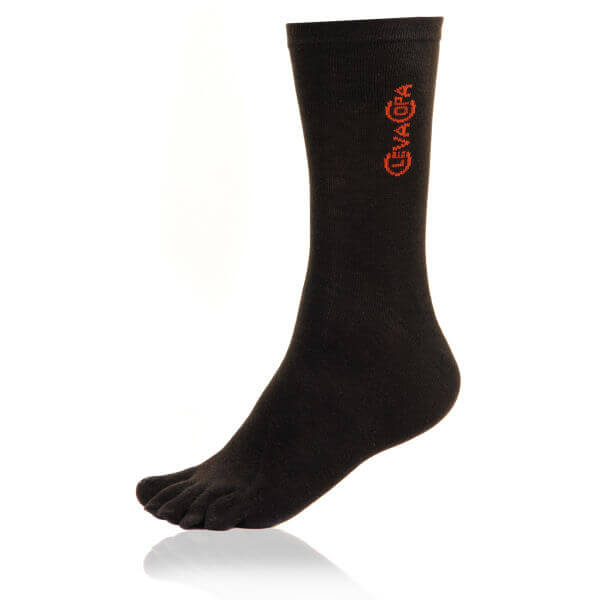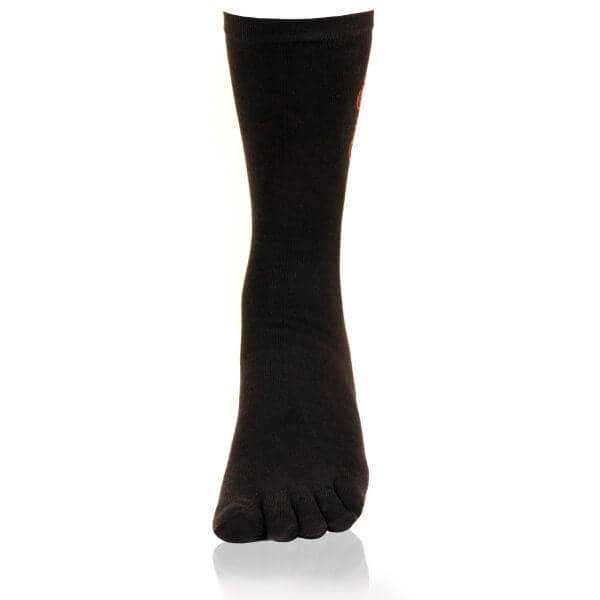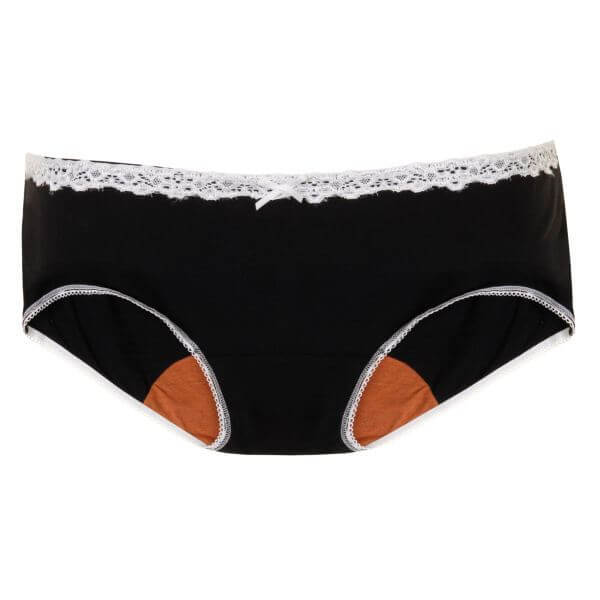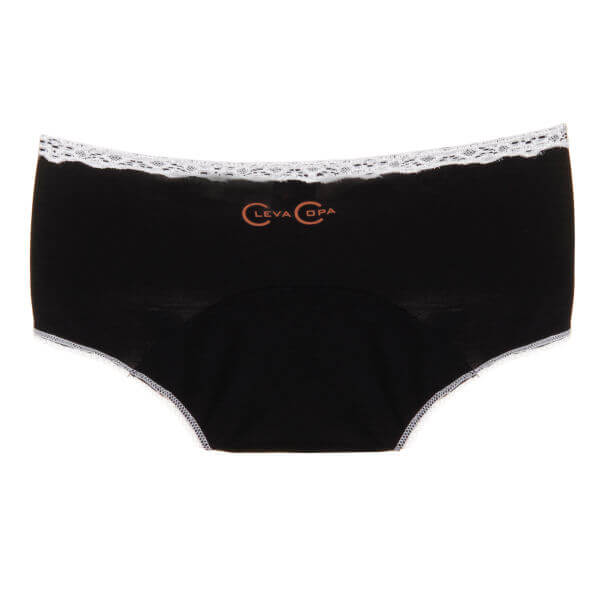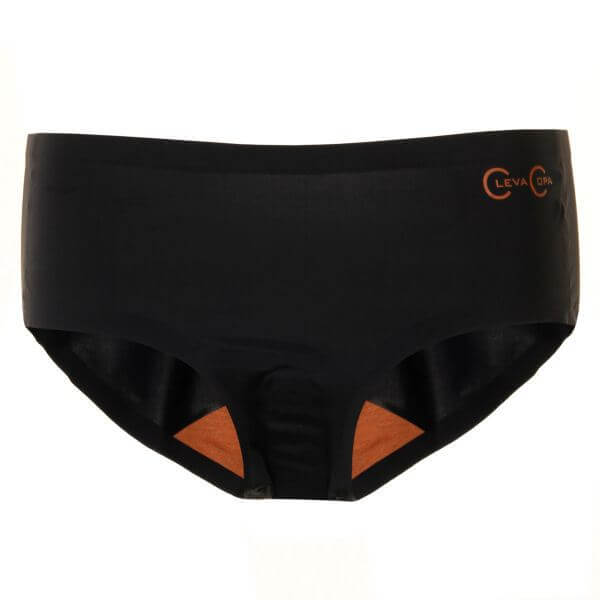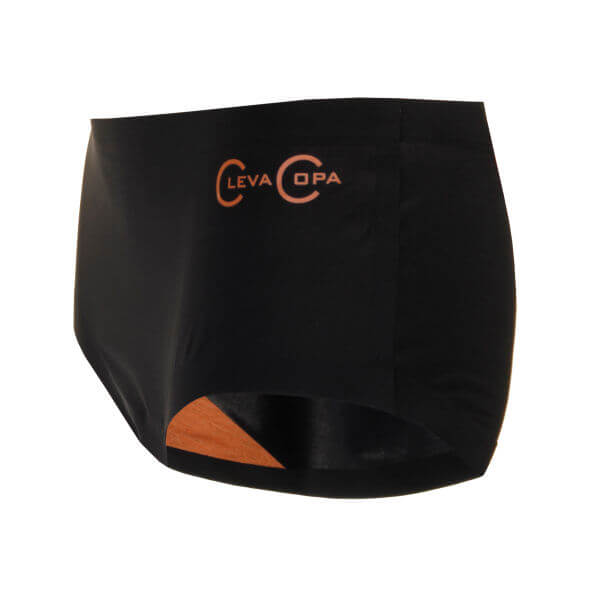Physiological Changes in Pregnancy – What You Can Do to Work Around It!
Published
April 30 2018
Pregnancy is one of the most beautiful experiences a woman can go through! Being able to bring new life into the world and being responsible to care and nurture this new life is an experience of its own. Your body undergoes many changes to adapt to the needs of the growing fetus, especially your blood circulatory system, since it is the blood that provides all the nutrients and oxygen to the baby!
Following are some of the changes you will experience during your pregnancy:
-
Fetal and Maternal Circulation
The presence of your fetus will now require all your blood to circulate through the placenta, so all the oxygenated blood will enter your placenta via the umbilical cord to provide the nutrient-rich blood to your baby, while the deoxygenated blood will circulate back to your cardiovascular system for oxygenation. During this phase, you must ensure you are getting enough nutrients from your diet o supplement the growth of your baby. You can also partake in pregnancy exercise classes to boost your circulation and help promote blood flow to the fetus.
Pro Tip - Since standing and sitting can cause more buildup of blood in your lower extremities, simply wear compression socks to provide graduated compression to your legs and feet, and sit with your feet slightly elevated at all times!
-
Maternal Changes
During your pregnancy, your total cardiac activities will increase by 30% as does the blood volume. It peaks around the 24th week and starts dropping by the 30th week. Your blood pressure will drop in the second trimester, but rises again during the third trimester. Not just that, even the composition of your blood will change, also impacting the blood circulation in your body. Therefore, it is important to take good care of yourself and ensure you are getting enough exercise to get your blood flowing properly. Another great way to boost circulation is by investing in compression socks to help with graduated compression to your feet and hands.
-
Discomfort
Some of the changes in your blood circulation during pregnancy may cause swelling and discomfort. Swelling is especially common in the legs and feet, due to the increased blood volume and the pressure on your veins in the lower extremities as well as the added weight you are carrying. Lower blood pressure and higher blood volume not only create discomfort in the feet and hands but also result in fatigue and frequent headaches. In extreme cases, pregnant women can also develop hemorrhoids as a consequence of restricted blood flow to the lower extremities. This makes it all the more important to implement methods to boost circulation. As mentioned earlier, long compression socks are a great way to provide graduated compression to the legs and block intravenous blood flow, thus avoiding issues like spider veins and varicose veins. You can double up on the protection by using copper compression socks and hand gloves to leverage the antimicrobial, healing powers of copper while already receiving the benefits of graduated compression.
Proper blood circulation is extremely important to ensure good health, especially when you are pregnant because you have an added responsibility on you – your child’s health. You must already be aware of how important prenatal care and development is to ensure the wellbeing of your baby! Poor circulation can lead to defects in your placenta and umbilical cord, thus impacting your baby’s health. This is why it is extremely important to ensure that you are healthy and relaxed at all times during your pregnancy. Apart from regular check-ups with your OBGYN, you must take special care of your lifestyle. This includes the environment you are in, the food you consume as well as the lifestyle you lead. So, be sure to consume well-balanced meals, exercise as much as your body and doctor permits and take all the necessary precautions to ensure that your baby is well protected at all times!
Photo by Leah Kelley from Pexels









